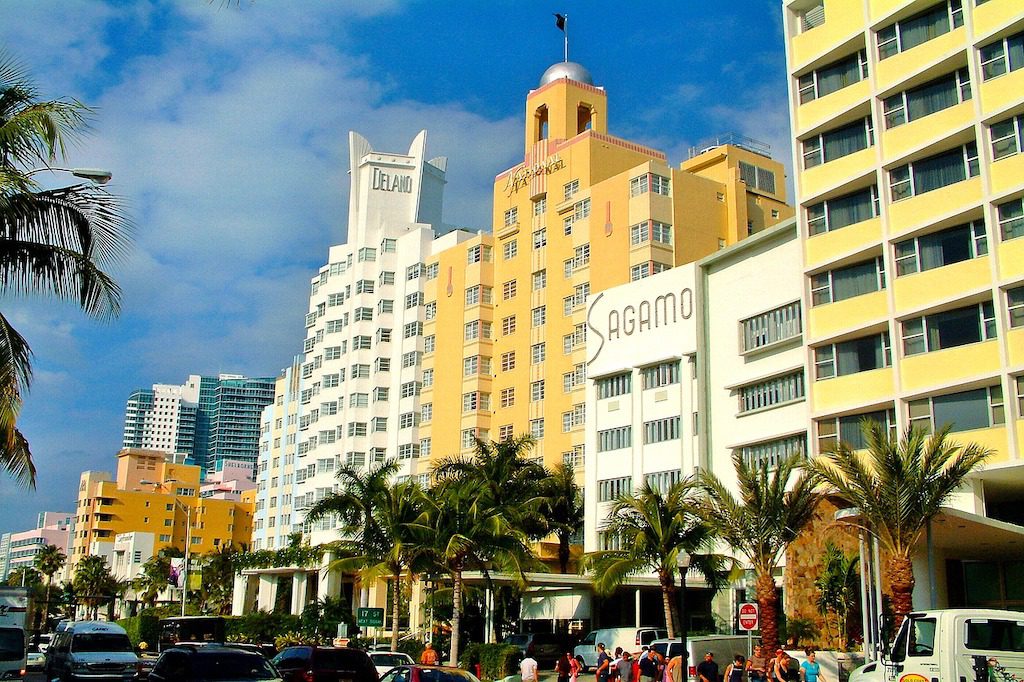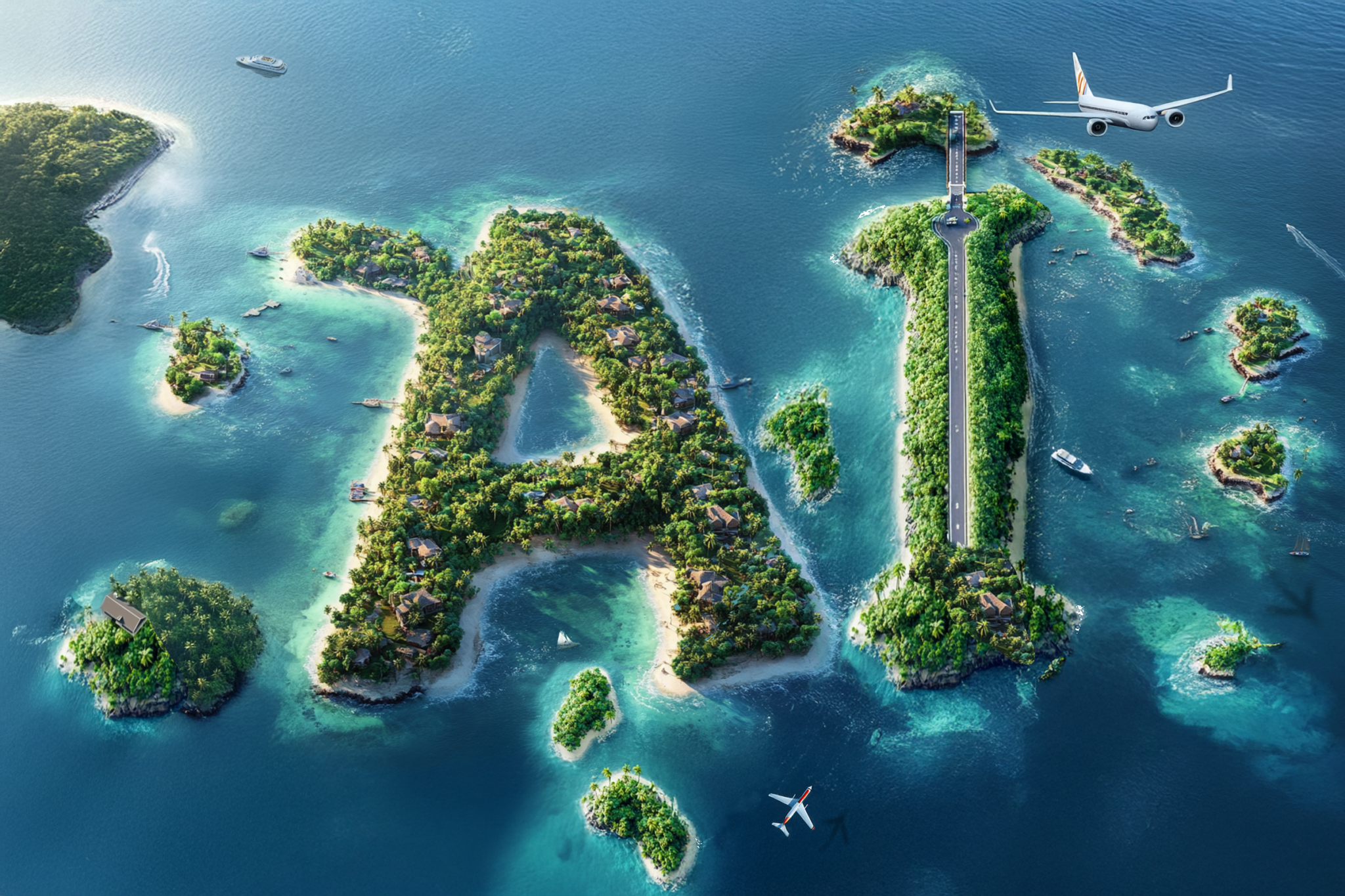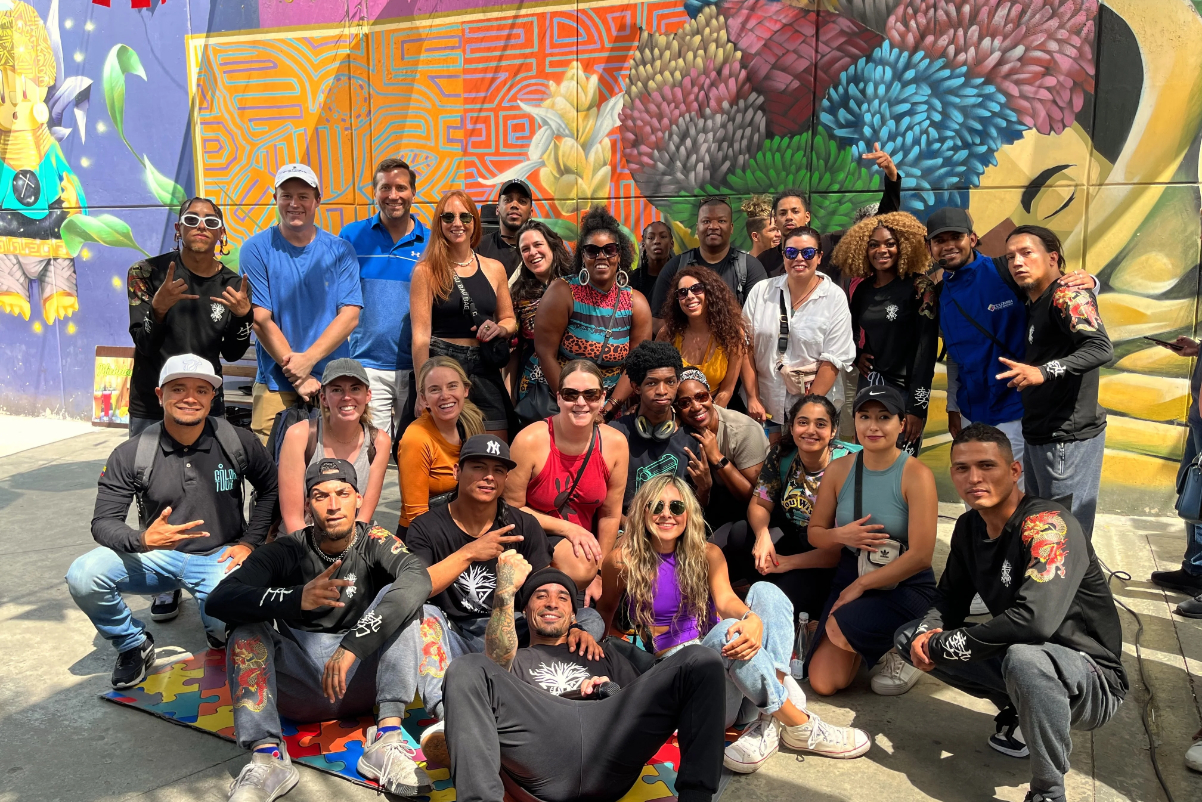Move Over Revenue Models: Hotel Recoveries Will Also Need to Factor In Psychology, Sociology

Skift Take
Analysts are beginning to predict the hotel industry’s recovery from the coronavirus downturn in travel, but some caution there are still too many unknown variables awaiting properties when they reopen.
Marriott CEO Arne Sorenson Monday said most of the world’s hotel markets had hit their bottom performance levels and were beginning to show signs of an initial recovery. But full recovery could be a long way off. It will likely take three years for the hotel industry to return to 2019 profit levels, CBRE Senior Economic Advisor Spencer Levy said Tuesday on the firm’s hotel sector outlook webinar. But other analysts argue it is still too early in the coronavirus crisis to lock into any set recovery forecast.
“It’s much more about understanding psychology, sociology, and economics than understanding hospitality and trends these days,” LW Hospitality Advisors Chief Operating Officer Evan Weiss said. “Revenue models have been thrown out the window, and the recovery will be interesting to watch.”
Get the Latest on Coronavirus and the Travel Industry on Skift’s Liveblog
Some Chinese leisure markets posted occupancy rates as high as 95 percent over the Labor Day holiday weekend, China’s first major holiday since coronavirus restrictions were lifted. The occupancy performance was up from a 7 percent low in Mainland China seen in early February, according to STR. Even some U.S. drive-to and coastal markets garnered 50 percent occupancy rates over the first weekend in May, CBRE reports. That still isn’t enough for Weiss to predict a recovery timeline.
“If you want to throw a dart at the wall, fine,” Weiss said of initial recovery predictions. “But at the moment, there are few valuations, almost zero refinancings. There is barely a market, there are scant buyers at anything resembling pre-Covid levels, and there are few, if any, willing sellers. My view is that I think the industry will come back very much in a jagged, disrupted way. Understanding the driving forces of demand and specific locale will be extremely important in this recovery.”
An Evolving Recovery Shape
Hotel industry analysts have moved away from initial V-shaped recovery predictions. CBRE Global Chief Economist Richard Barkham anticipates a recovery akin to the Nike swoosh logo, with the hotel and retail industries among the last of commercial real estate sectors to fully recover from the crisis. But that doesn’t mean hoteliers should continue a suspended operations strategy in light of depleted occupancies.
“I will couch my hotel comments and say hotels will come back almost immediately with staycation hotels,” Levy said. “It’s in that three-year period when they will almost completely come back.”
CBRE expects U.S. hotel occupancies will average 41 percent through the end of the year, above the 30 percent financial breakeven point industry analysts say is needed for a typical hotel to cover costs. But the occupancy figure is still well below the 66 percent national average seen in 2019. Occupancy is expected to remain below 50 percent through mid-2021.
“We’re seeing travel start to return as lockdowns are lifted, but recovery is all about when people feel comfortable to travel again,” Weiss said. “Three years is a good mid-number, but I think you’ll have some hotels return in 12 to 18 months and some in three to five years.”
With group travel expected to return last, convention hotels with hundreds – even thousands — of guest rooms could take longer than CBRE’s three-year forecast to return. Recovery will also vary by market and chain scale, CBRE Senior Director of Economics and Forecasting Jamie Lane said on the webinar. Luxury and upper upscale hotels will likely take five years to return to 2019 revenue per room levels while midscale and economy hotels should recover in three years.
“I agree with Richard’s Nike swoosh recovery for the hotel industry: quicker than we might think, given today’s lows, but not as fast as many need,” Lane said.




